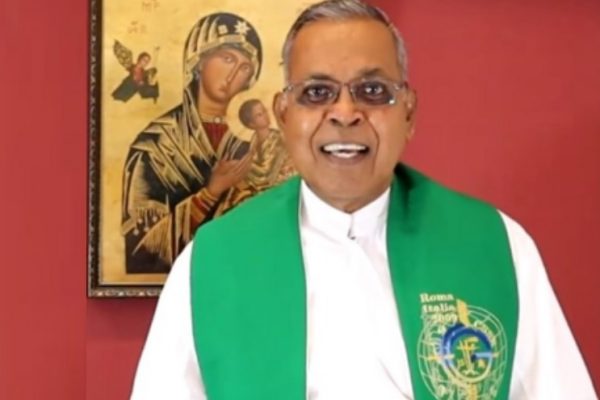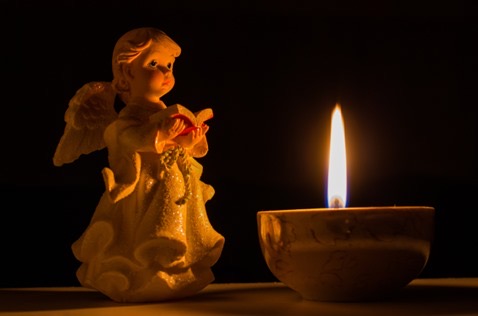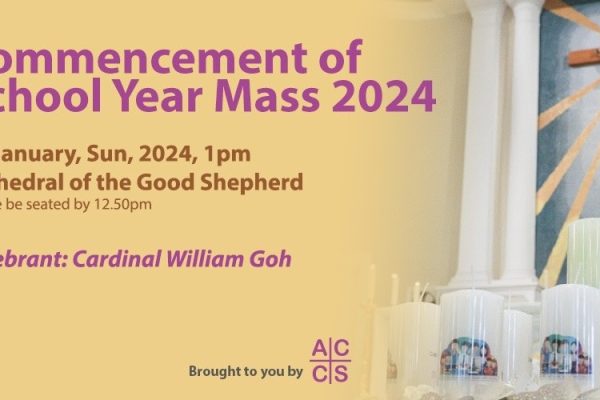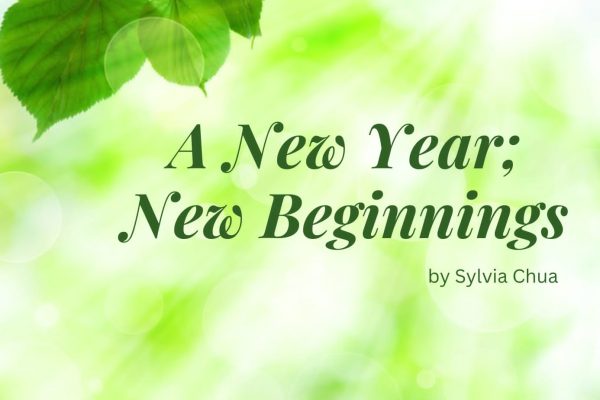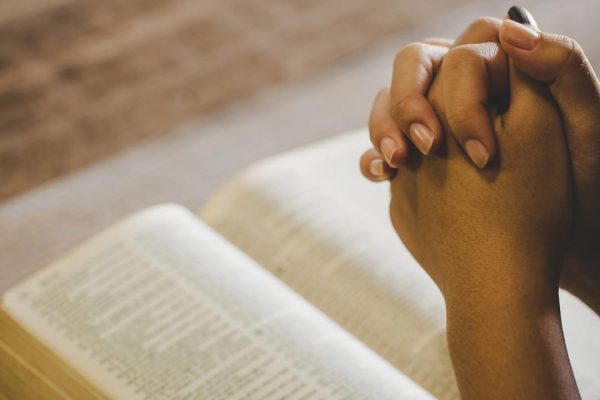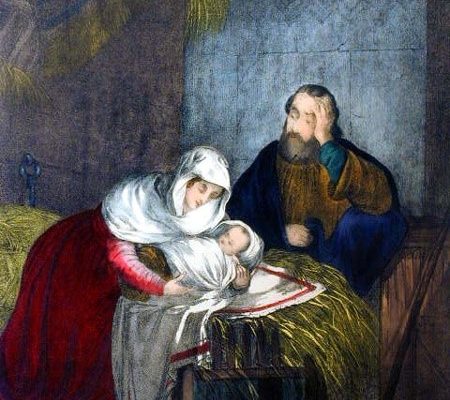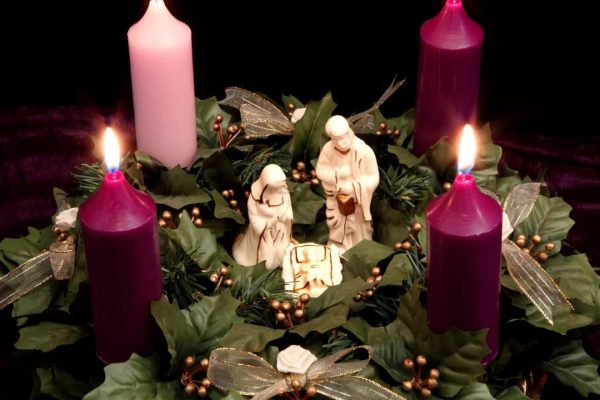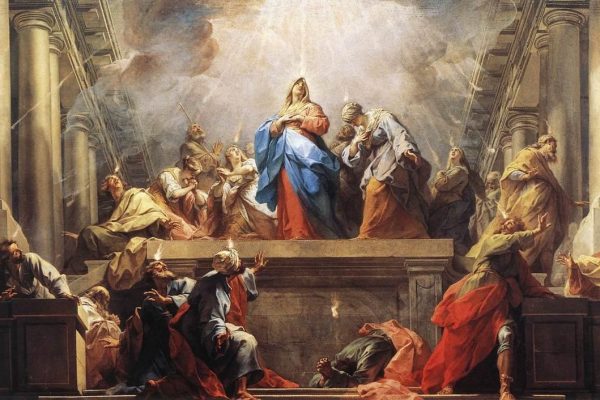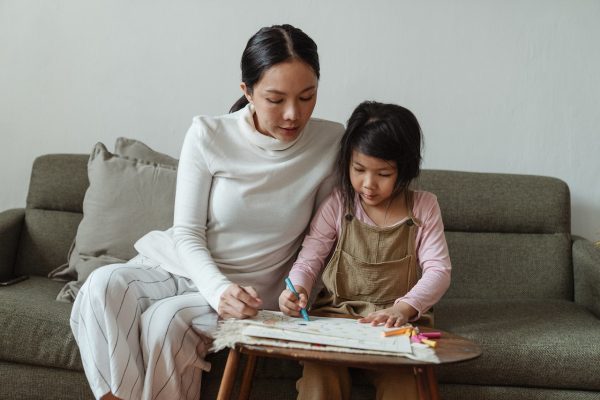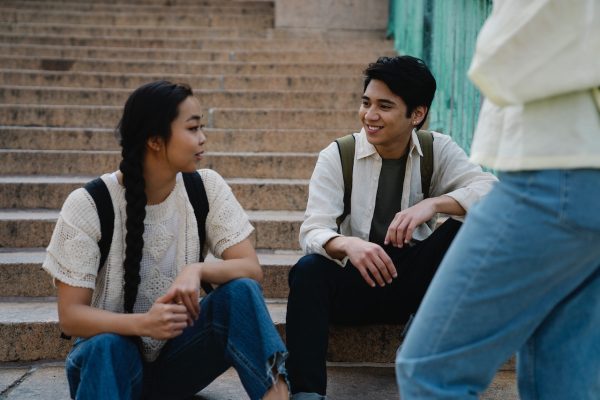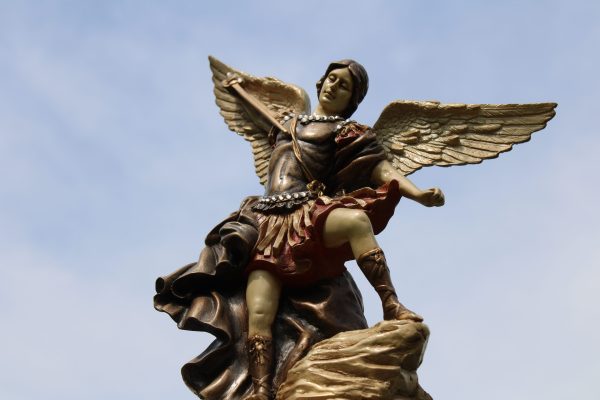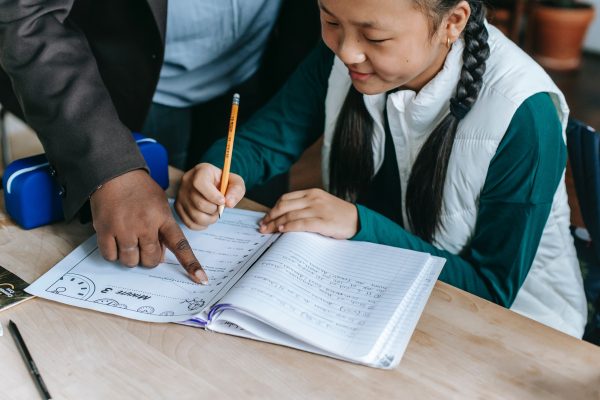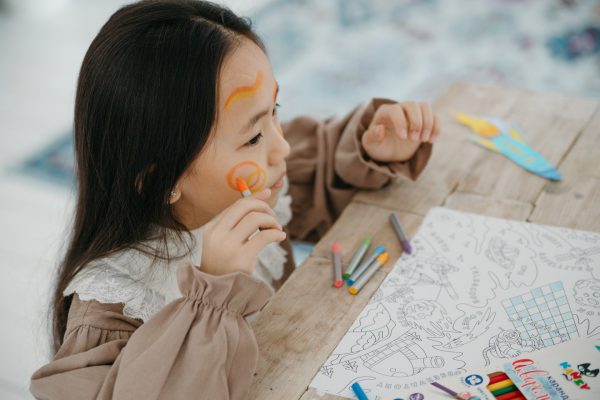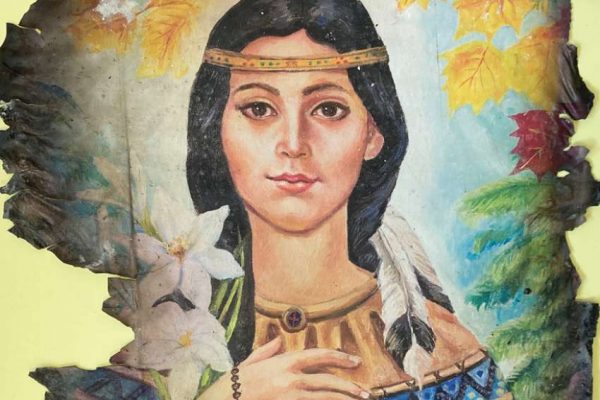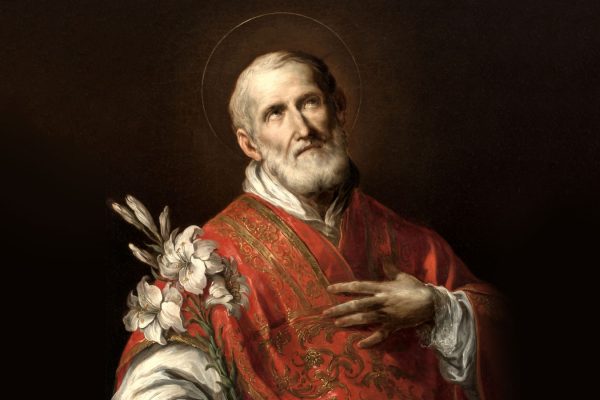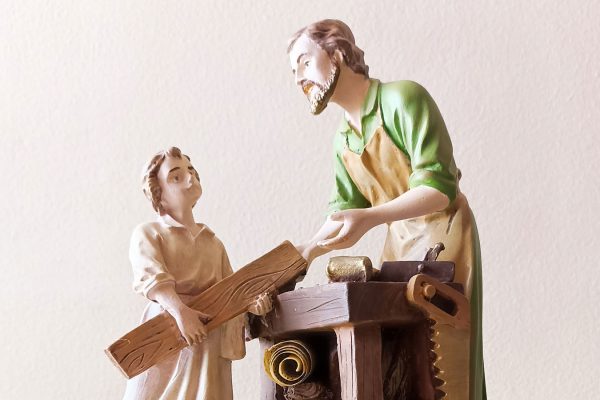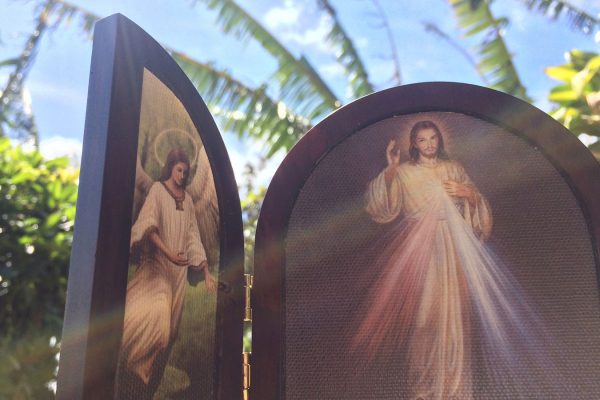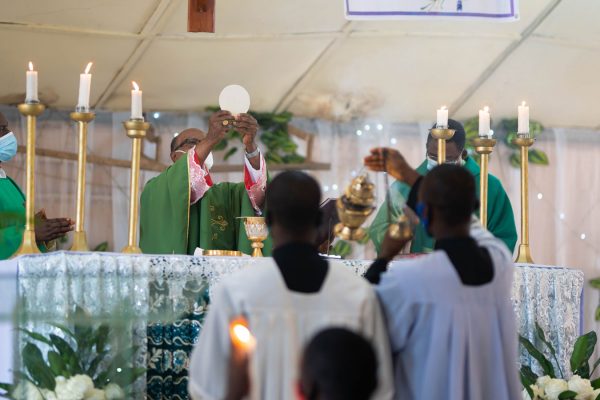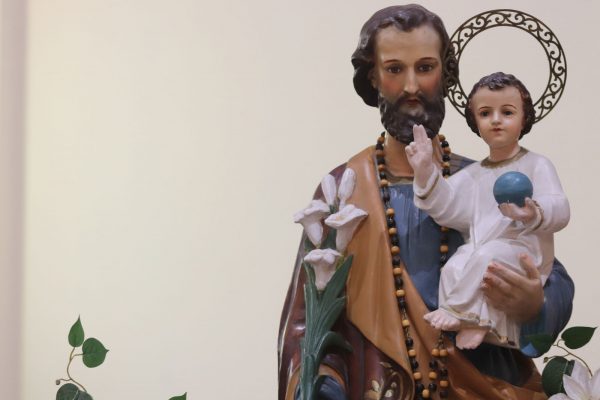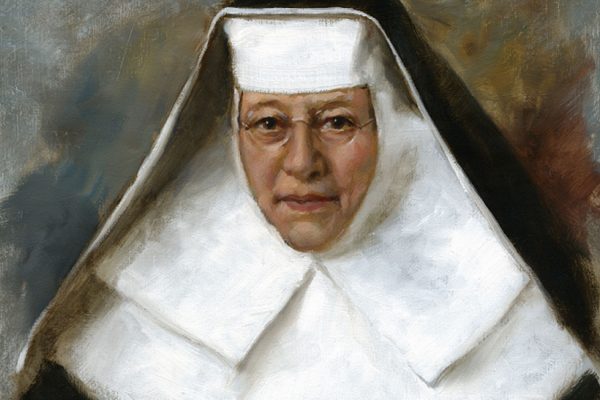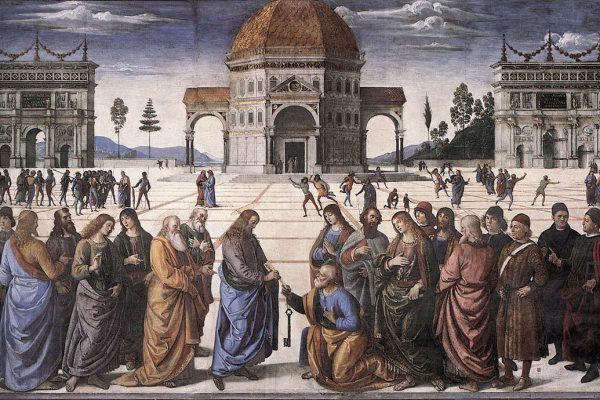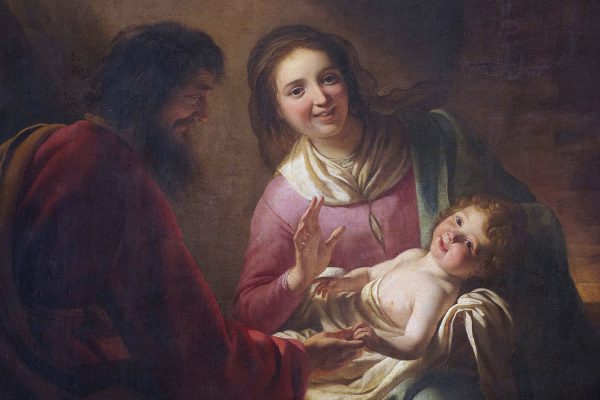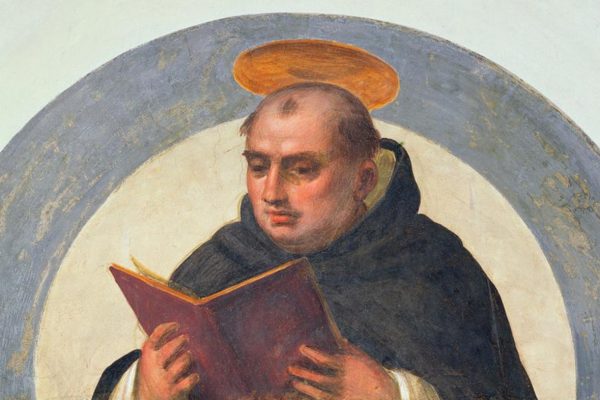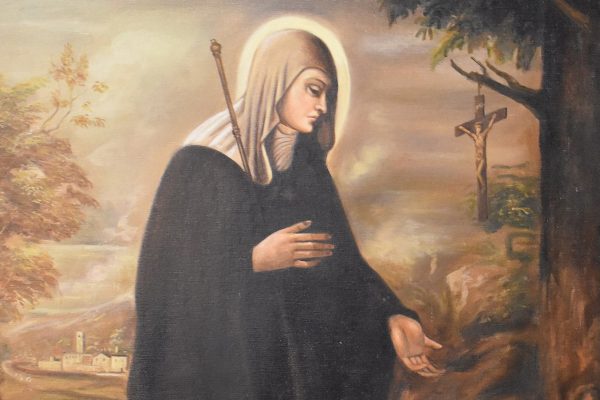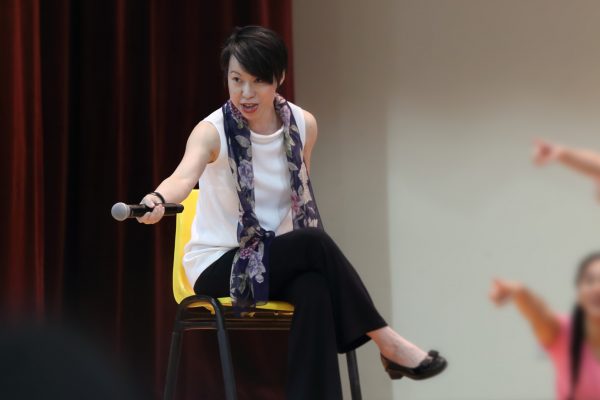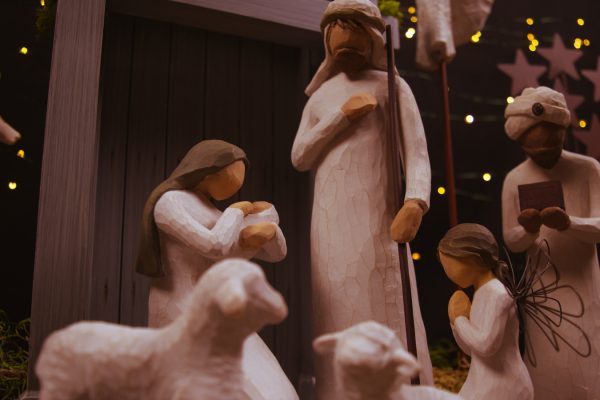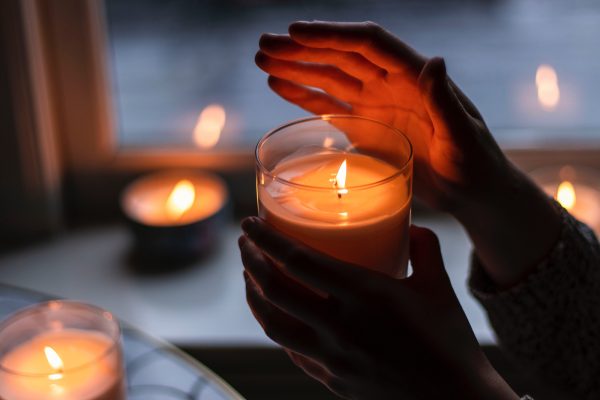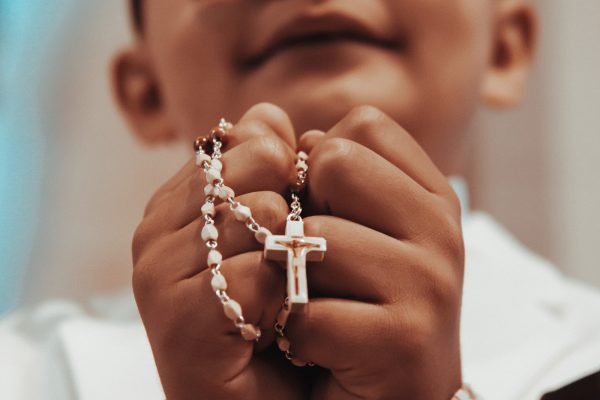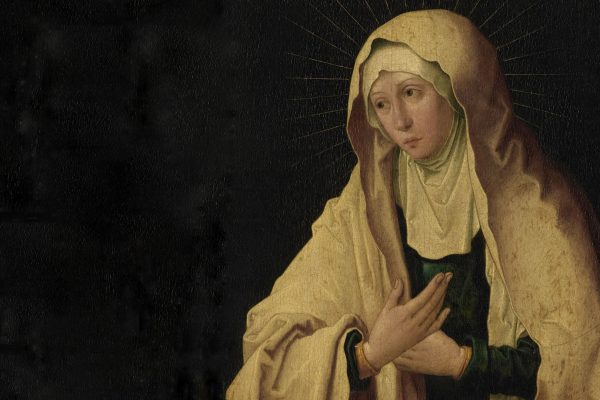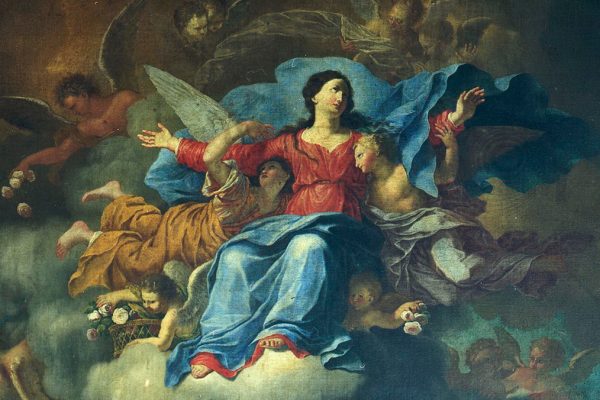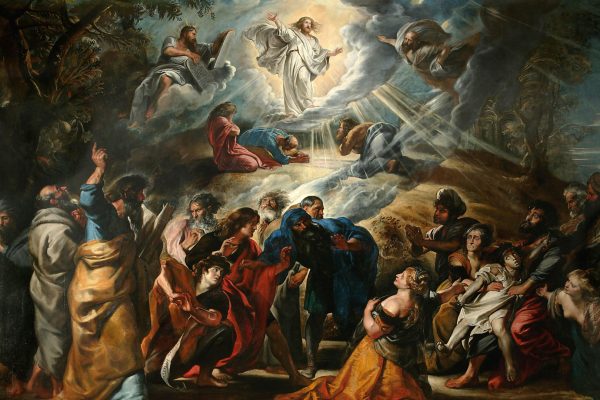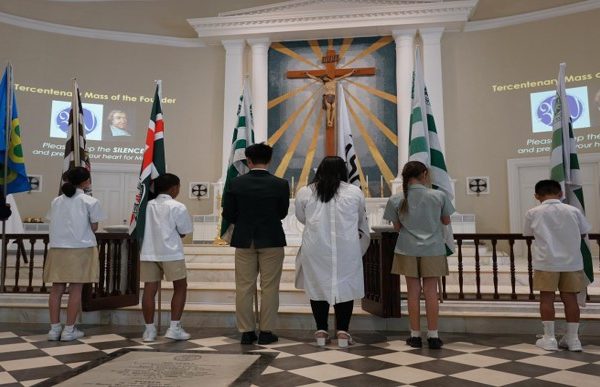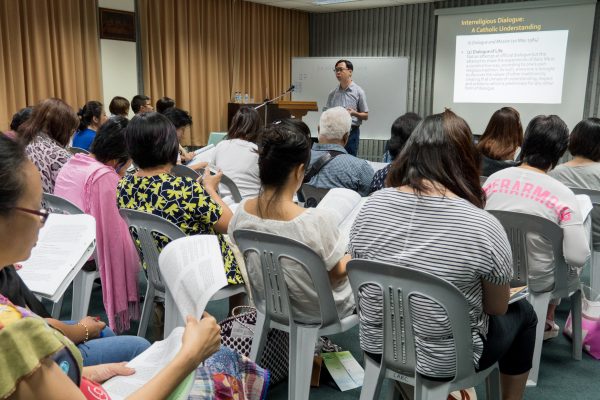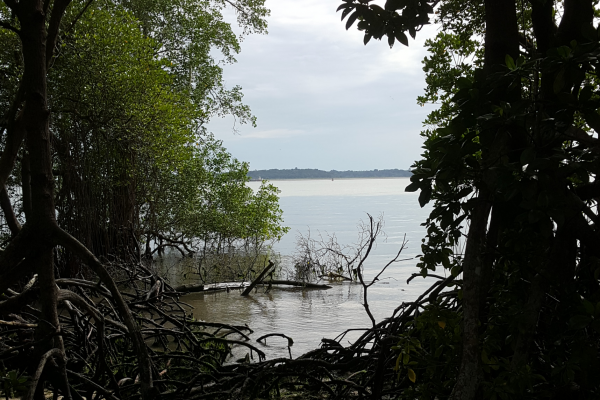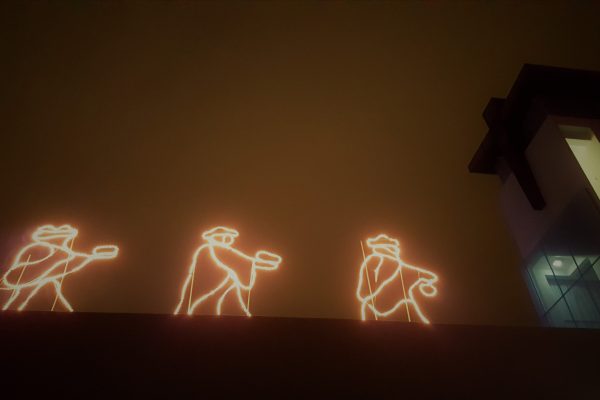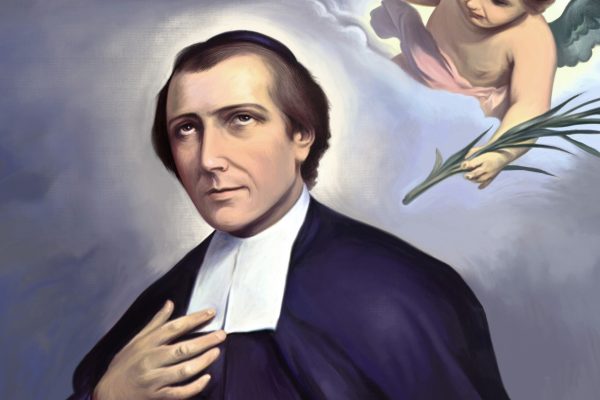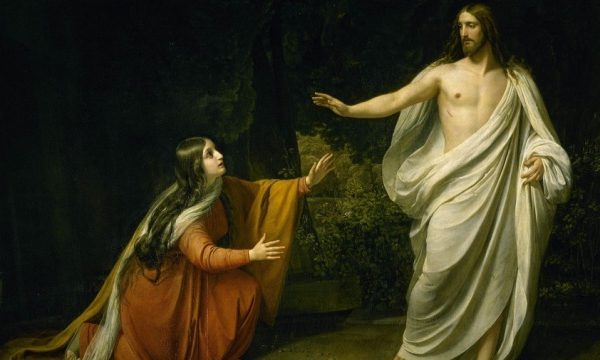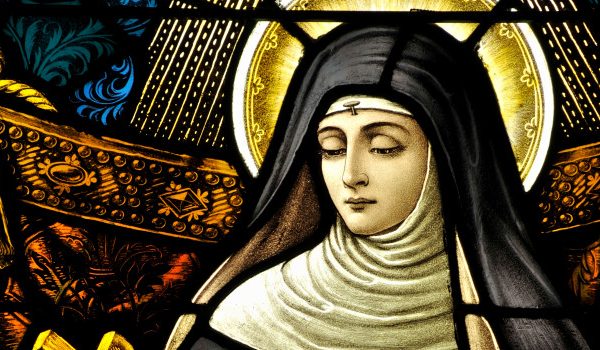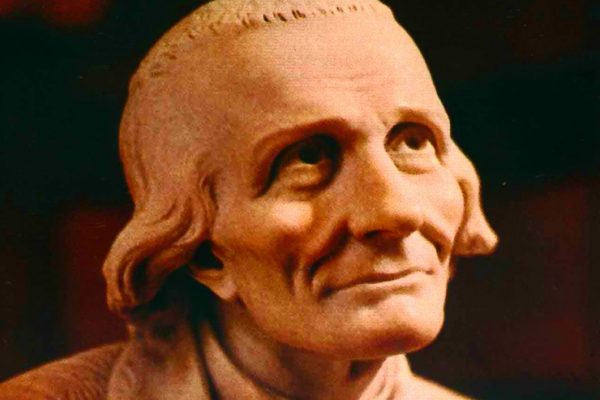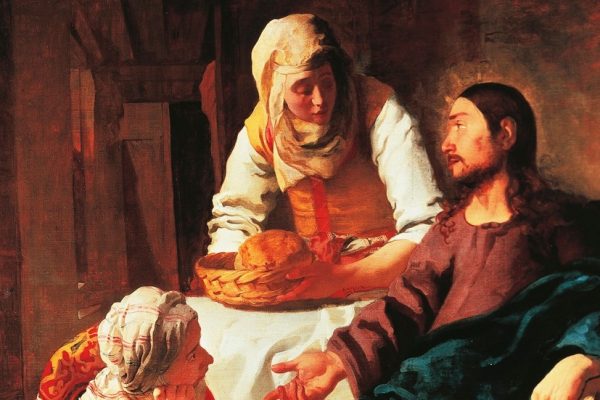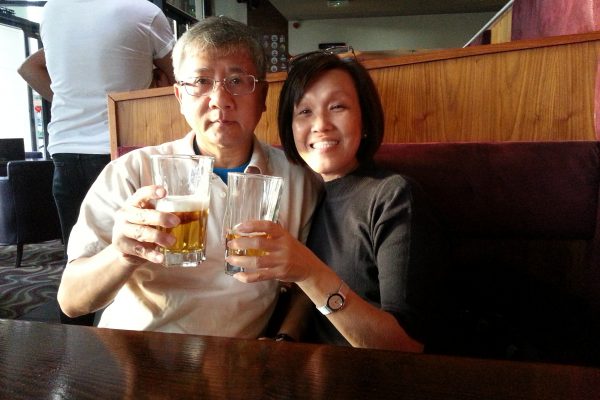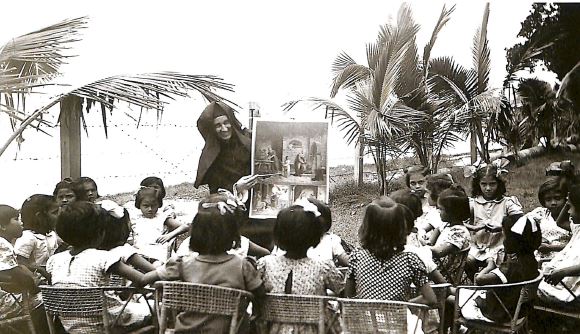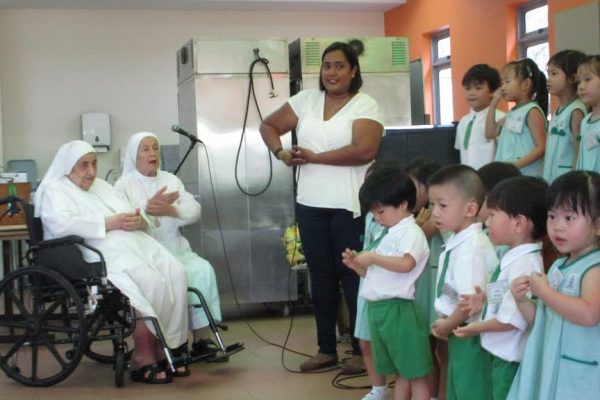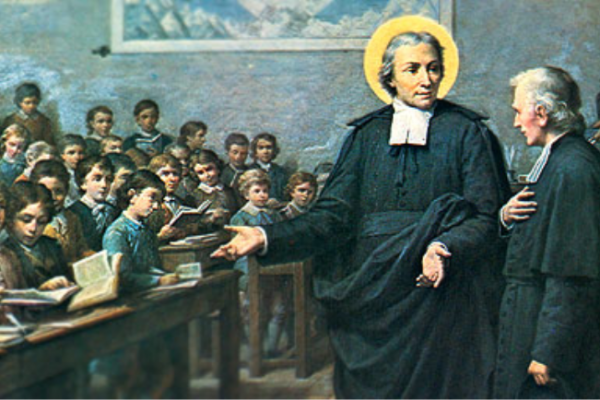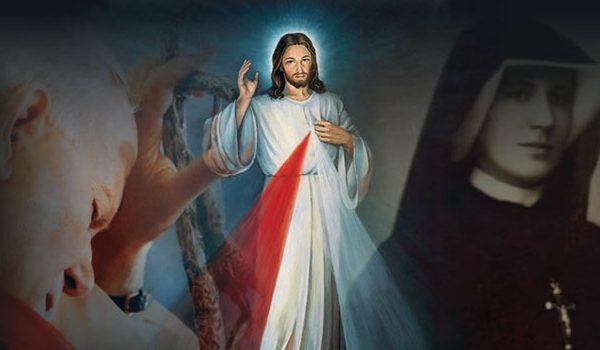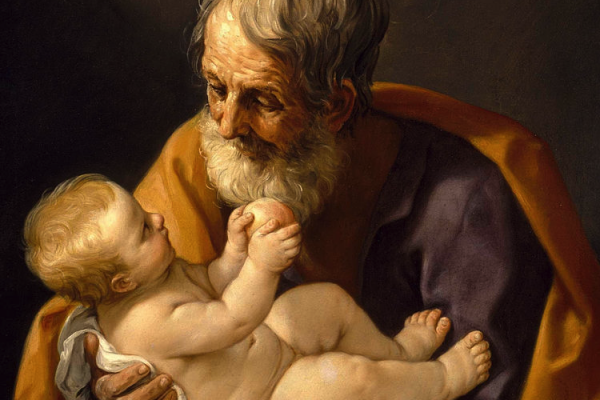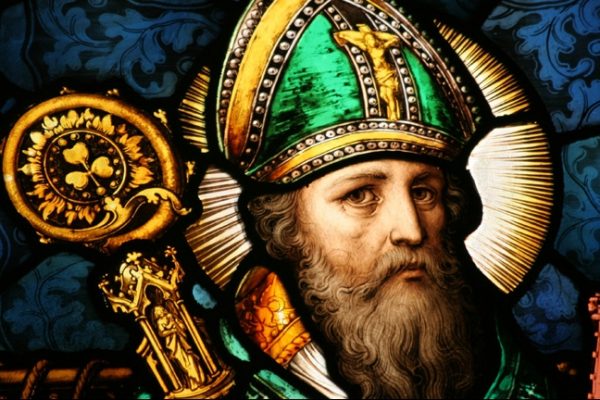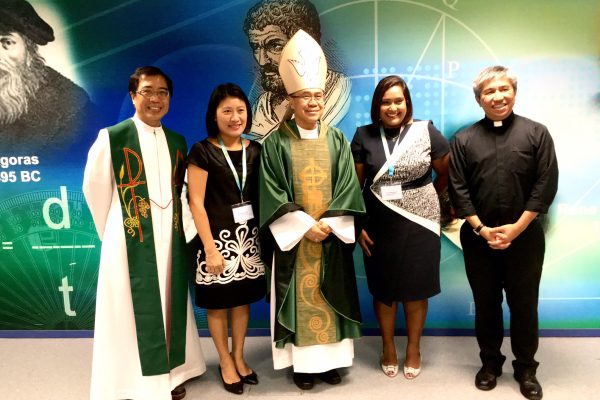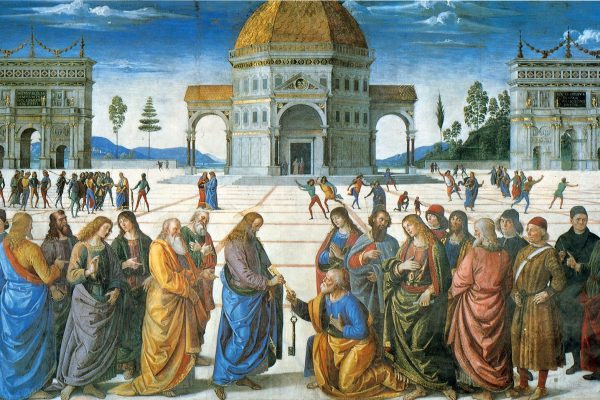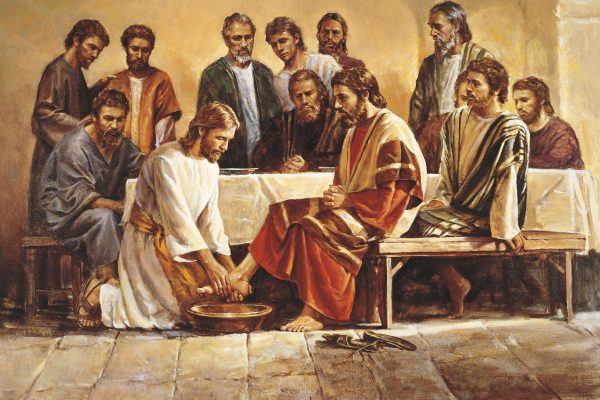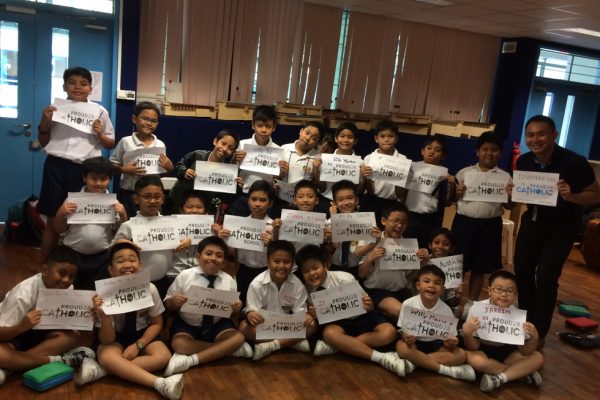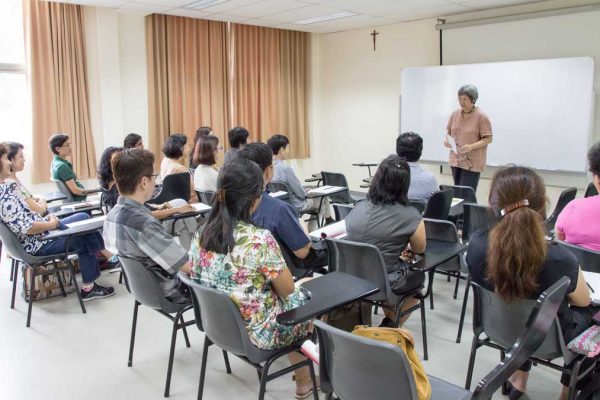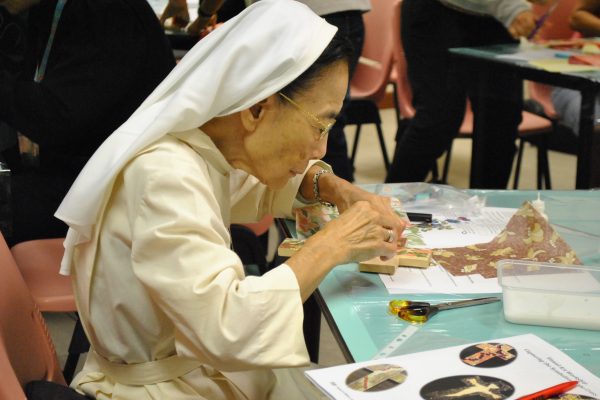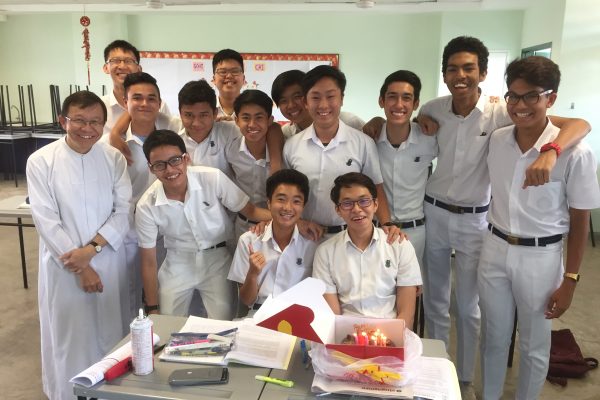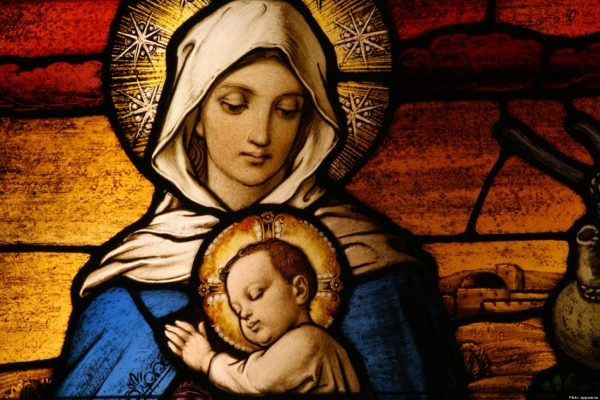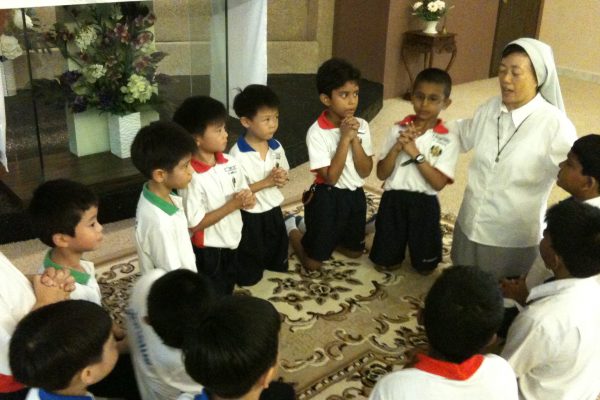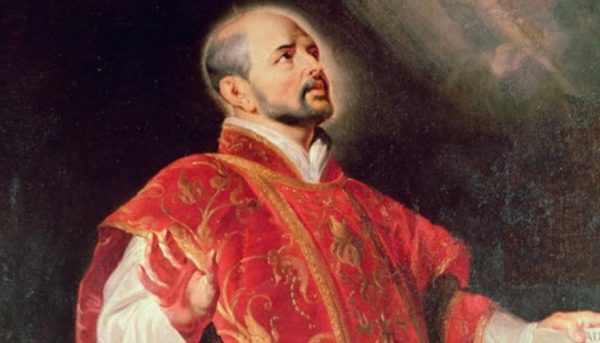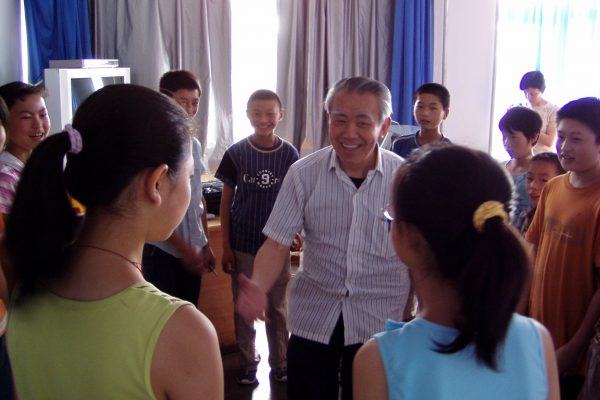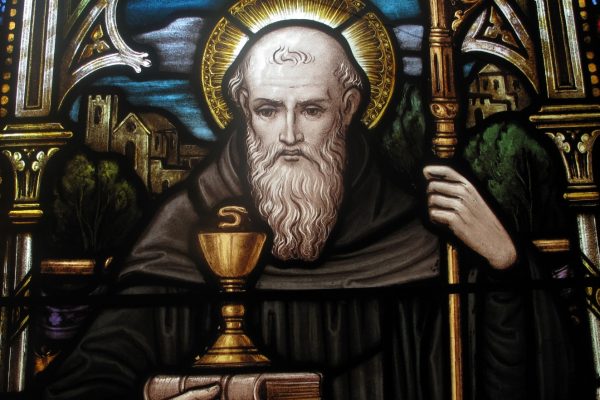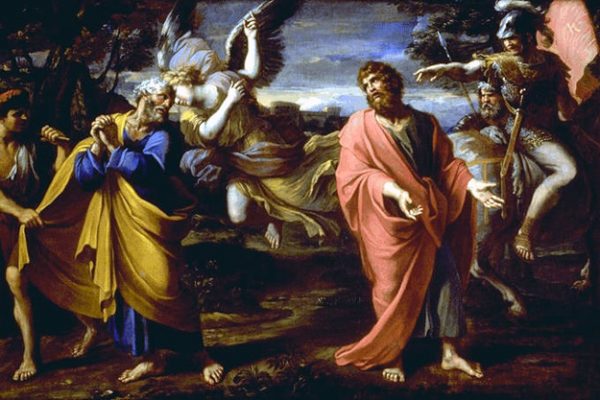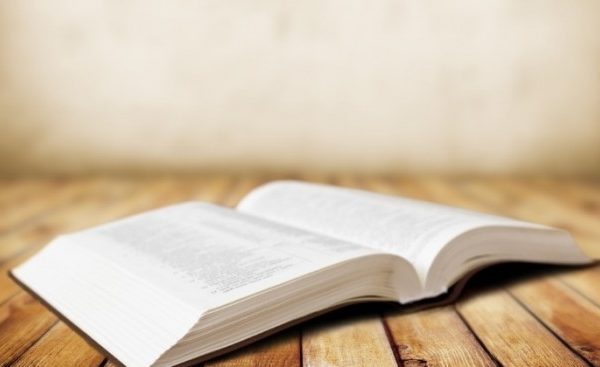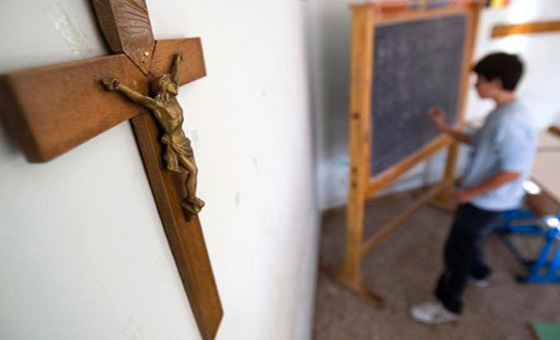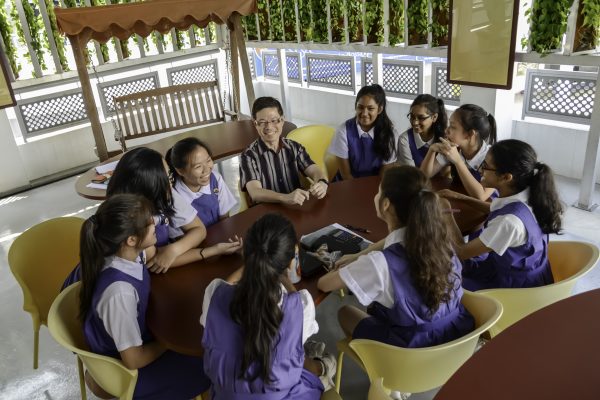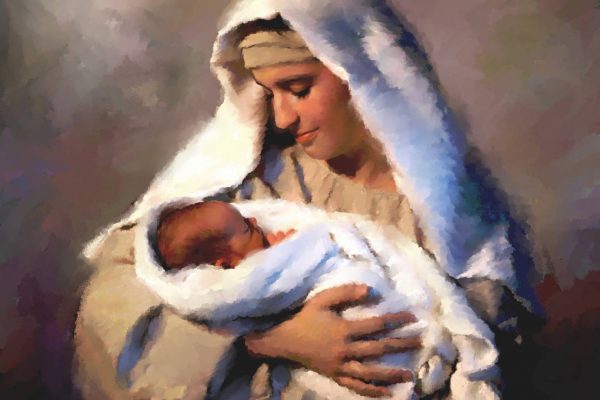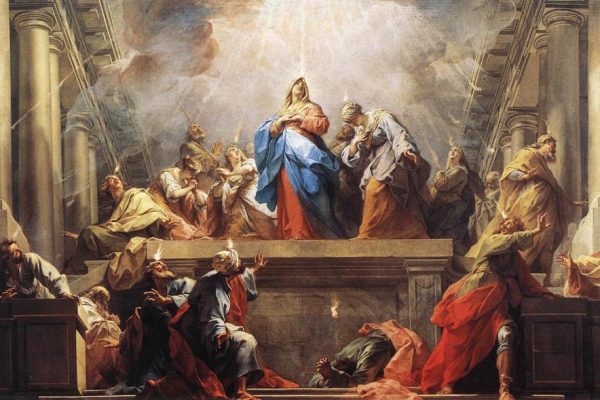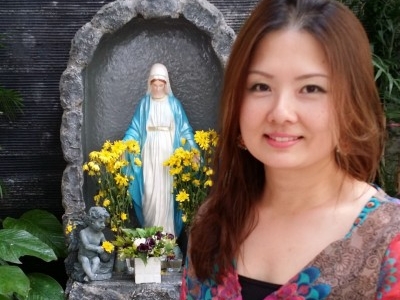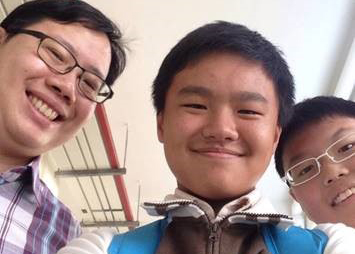
Relearning to Question
Timothy Wong shares his struggles with doubt and accountability. He reflects on his journey of darkness and hurt, and how he emerged stronger in the light, having relearnt to question.
…
About a month ago, I found myself at Esplanade watching a play that I wasn’t sure I was ready to deal with. Set in a Catholic school in 1964, the production of “Doubt: A Parable” revolves around the belief that the lead character, Father Flynn, is sexually abusing one of the altar boys, and how principal Sister Aloysius resolves to find proof to hold him accountable.
If, like me, you are one of the many who has been affected by a scandal involving a “prominent Catholic figure” in Singapore that came to light last year, you may understand why it was a risk that I took entering the theatre to watch such a play. Fortunately, the magic of theatre gave me the space I needed to engage with the issues raised by the play from a safe distance. More than that, it gave me an opportunity to acknowledge the real struggles that I was going through the past year and a half.
The play starts off with Father Flynn giving a homily. He preaches that “Doubt can be a bond as powerful and sustaining as certainty”. It was only recently that I found this statement to make sense. At mass, I found myself realising that throughout my struggle through the hurt that I had experienced as a result of the scandal, I had stopped questioning. I stopped asking why this was allowed to happen, why it wasn’t brought to light earlier, and how the Church could have been a space for healing and pastoral support. I stopped asking how I can be a better teacher, how we can create safe spaces in schools and our Church, and how I might be called to respond to this whole situation. I stopped asking what or who the Church is, who God is, who He is to me and who I am to Him. It was easier to not engage and ask questions that I might not have the answers to or answers that I would rather not hear.
And when I stopped questioning, my conversations with God tapered off, which ironically resulted in me doubting myself and doubting His role in my life. In a way, this seems similar to how I always encourage my students to question even what I teach in class – not for the sake of argument but more because I know that the more they question, the more invested they are in what is being taught and their own learning. More importantly, I find that it is through the very act of discourse that we engage in that we end up learning more about one another, and learn to trust each other in the process. In the past year and a half, my interactions with God —when they did happen —were sadly superficial because I was no longer as invested in the relationship after what had happened, and the (lack thereof) events that followed.
This is not to say that all is lost. In this time of quiet, God gave me the space to just be me, watching from a distance and, ever so often, sending people to me to remind me that He is still there for me. He gave me the permission to be angry with the Church and to be upset with Him. He gave me the space to learn what it means to be real and to embrace all the imperfections in the world as well as mine. More than ever, I recognise what it means to be fully human in the way I feel, and hopefully in time to come, recognise that I need Him all the more in my life. According to John Bowlby’s theory of attachment, a secure base provided through an attachment figure is key for growth and development. This time and space away that God has gifted me is helping me rebuild or rediscover the secure base that He provides in our relationship.
Once again, I am reminded of my brokenness and that it is ok to be imperfect. Many a time, I have fallen short – responded with a lack of love to those around me, written off a “troublemaker” student when he/she is acting up, shown displeasure to a colleague who was not pulling his/her weight – but I have also learnt that the more I embrace the fact that I am limited, the more I open myself up to receive His unconditional love. And that fuels me to continue to love in the best way I can.
As I embark on this journey to rediscover myself, Church and God, I hope to return to a questioning disposition in my prayer and conversations with Him. If you are someone who has been hurt too by someone or the Church, know that you are not alone. Let us journey with one another and with Him so that we may experience His love more deeply and intimately, even in the toughest of struggles.
For I know well the plans I have in mind for you—oracle of the
Lord—plans for your welfare and not for woe, so as to give you a
future of hope.
Jeremiah 29:11

